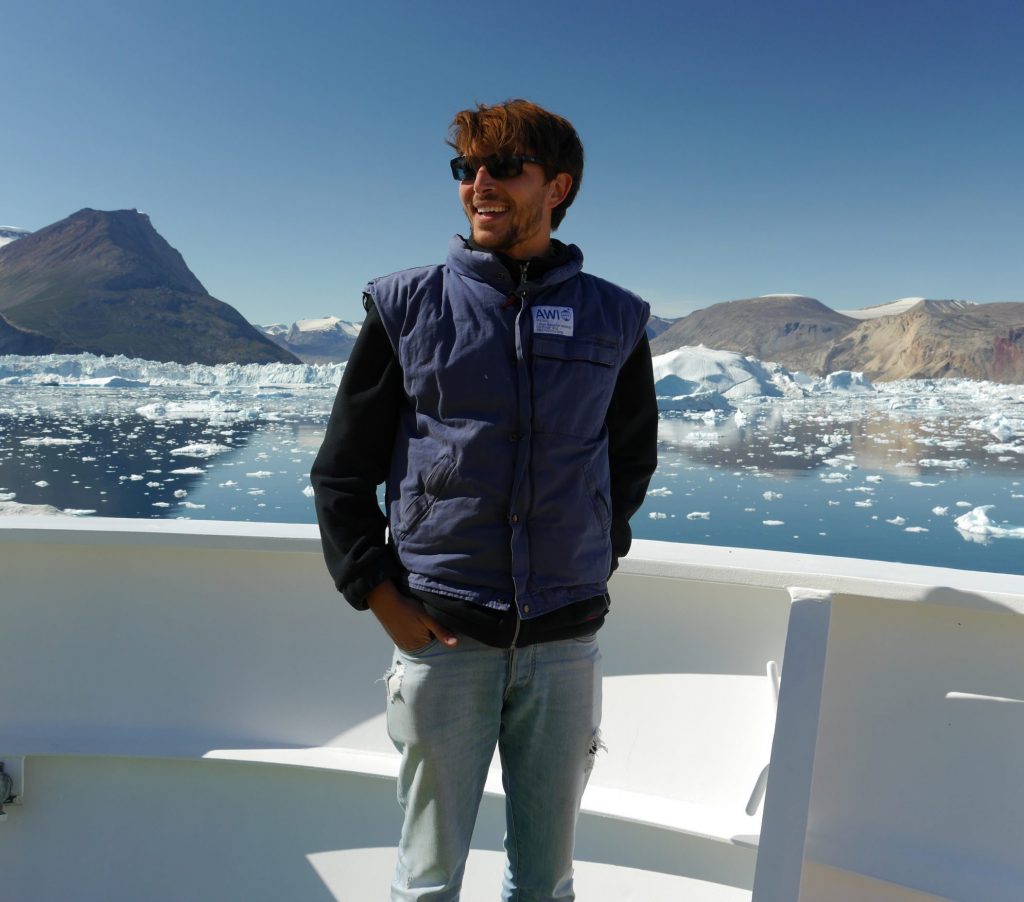
Lennart Bach
Lennart is an Associate Professor at the University of Tasmania. He studies the efficiency and sustainability of marine CO2 removal methods, such as Ocean Alkalinity Enhancement, Ocean Afforestation, Ocean Iron Fertilization, and Artificial Upwelling.
Current research projects
- Assessing environmental side effects of Ocean Alkalinity Enhancement
- Geochemical constraints to Ocean Alkalinity Enhancement
- OAEPIIP Principal Chief Investigator
UTAS profile: Lennart Bach Profile | University of Tasmania (utas.edu.au)
Post Docs
Damon Britton
Damon is a post-doctoral research fellow at the University of Tasmania. His background involves investigating the effects of ocean acidification and ocean warming on seaweeds. His current research is primarily focused on assessing the environmental effects of ocean alkalinity enhancement on coastal benthic communities and species.
Current research projects
- Environmental side effects of Ocean Alkalinity Enhancement on coastal benthic communities.
- Physiological responses of marine primary producers to changes in the carbonate system.
- Dissolution rates of candidate minerals for Ocean Alkalinity Enhancement.
UTAS profile: Damon Britton Profile | University of Tasmania (utas.edu.au)

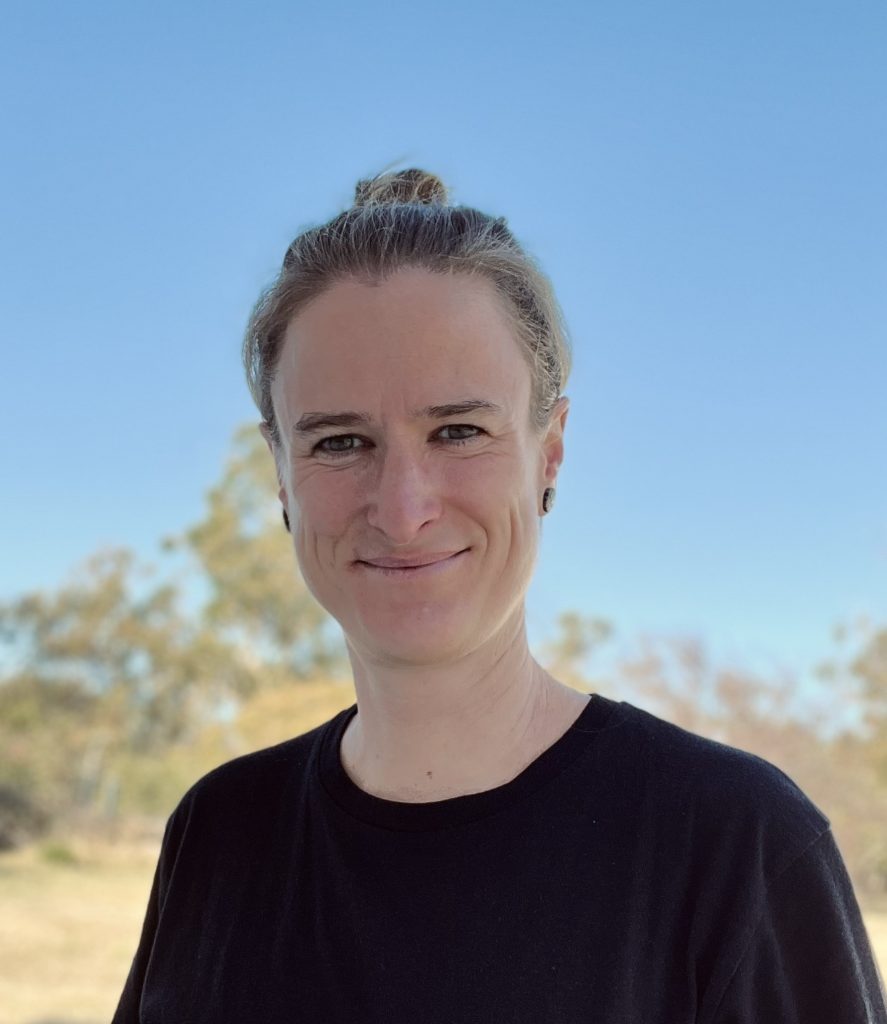
Nadine Lehmann
Nadine is a postdoctoral research fellow at IMAS, interested in carbon and nutrient cycling and impacts on phytoplankton productivity. Her current research focuses on feedback mechanisms between Ocean Alkalinity Enhancement and phytoplankton calcification. Nadine holds a PhD in Oceanography from Dalhousie University (Canada), a MSc in Marine Biology from the University of Rostock (Germany) and a BSc in Biology from the University of Bern (Switzerland).
Current research projects:
- Assessing impacts of carbonate chemistry on coccolithophore distribution
- Investigating interactions between anthropogenic alkalinity enhancement and the natural alkalinity cycle
- Constraining the additionality problem for Ocean Alkalinity Enhancement
UTAS profile: Nadine Lehmann Profile | University of Tasmania (utas.edu.au)
Current PhDs students
Anita Butterley
Anita is a PhD candidate researching the effect Ocean Alkalinity Enhancement (OAE) has on the community composition of Southern Ocean phytoplankton. She has a Master’s in Marine Science from the University of Tasmania and a double Bachelor’s degree in Education and Biology.
Current research projects:
- Investigating the impact that steel slag, olivine, and sodium hydroxide have on Southern Ocean phytoplankton.
- Exploring the influence of OAE on the biological calcification processes.
- Examining the community composition of phytoplankton in dynamic, high-energy zones such as fronts and eddies in the sub-Antarctic.
UTAS profile: Anita Butterley Profile | University of Tasmania (utas.edu.au)
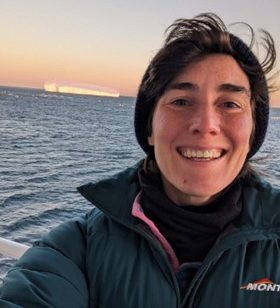
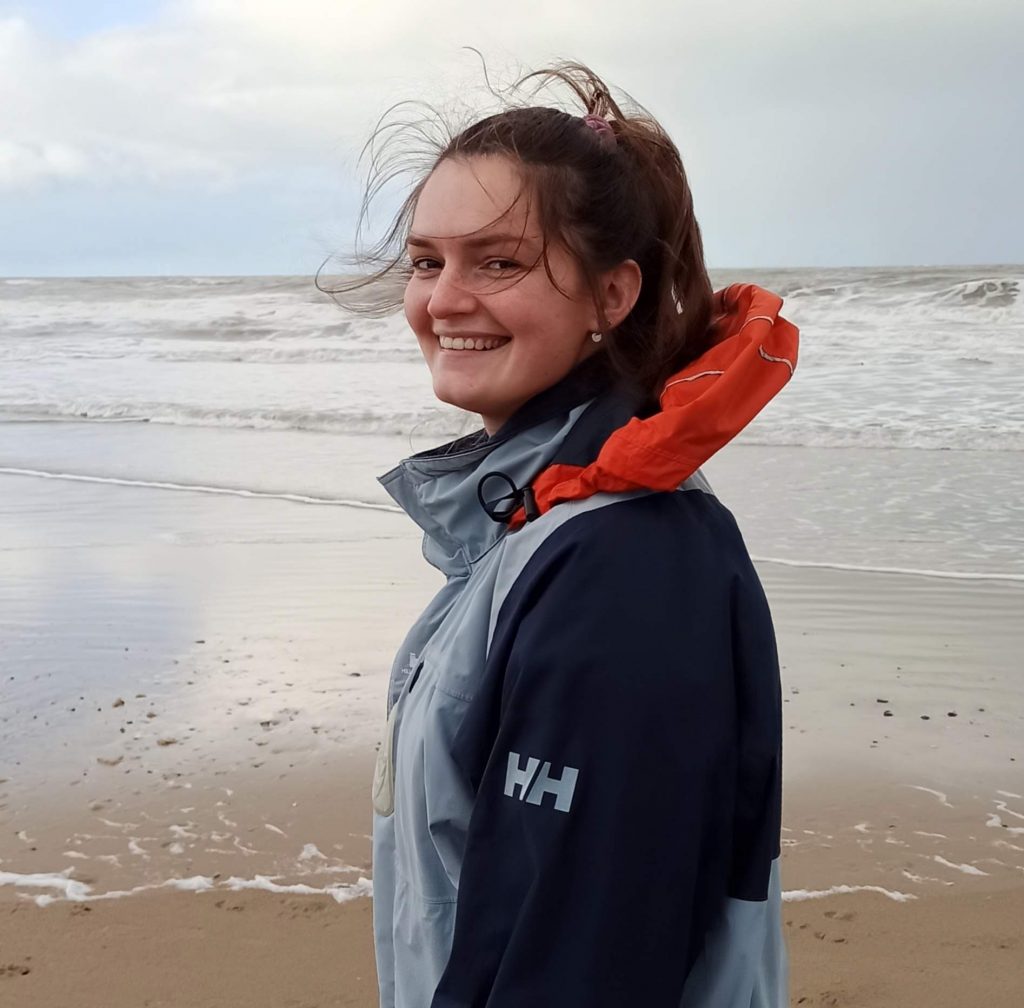
Hanna Van De Mortel
Hanna is a PhD candidate investigating how to maximize the efficiency of limestone dissolution as a method of ocean alkalinity enhancement in coastal environments. She obtained both her MSc in Marine Sciences and BSc in Earth Sciences at Utrecht University.
Current research projects:
- Optimizing coastal enhanced weathering of limestone by evaluating the effects of organic matter input, sediment characteristics, temperature, and mixing rates in controlling dissolution rates.
UTAS profile:
Marianne Pelletier
Marianne is a PhD candidate investigating the impacts of ocean alkalinity enhancement on benthic organisms in the laboratory and in situ. She completed her Bachelor’s degree in Ecology at the University of Colorado in the USA and recently completed a Master’s degree at UTAS studying seaweed nutrient uptake.
Current research projects:
- Impact of OAE/heavy metals from olivine and steel slag on seaweed and communities
- Optimize and determine methods for OAE to be used in the field
- Investigate feasibility and effectiveness of OAE in the field
- Field trial experiment to investigate the ecosystem impact of elevated alkalinity
UTAS profile: n/a


Riley Palmer
Riley is a PhD candidate researching the impacts of Ocean Alkalinity Enhancement on calcium carbonate cycling and alkalinity fluxes in marine sediments. She has a master’s in marine biology and ecology from the Rosenstiel School at the University of Miami and a bachelor’s in biology from McDaniel College.
Current research projects:
- Exploring how ocean alkalinity enhancement influences sedimentary biogeochemical processes
- Investigating the role of benthic organisms in shaping alkalinity fluxes under changing carbonate chemistry
- Assessing long-term implications of alkalinity enhancement for carbon storage in marine sediments
UTAS profile: n/a
Yinghuan Xie
Yinghuan is a PhD candidate researching the physical oceanographic constraints on marine CO2 removal (CDR) methods. Prior to his PhD project, he earned an honors degree in physical oceanography. His interests lie in utilizing state-of-the-art ocean/Earth system models to understand the marine carbon cycle and the potential of marine CDR methods.
Current research projects:
- Investigating the residence time of lower cell water masses in the Southern Ocean’s euphotic zone.
- Evaluating the performance of ocean models in predicting carbon response to artificial negative emissions.
UTAS profile: Yinghuan Xie Profile | University of Tasmania (utas.edu.au)

Alumni’s

Aaron Ferderer
Aaron completed his PhD at IMAS, University of Tasmania, where he investigated the influence of ocean alkalinity enhancement on phytoplankton species composition.
Research projects:
- Assessing the influence of ocean alkalinity enhancement on phytoplankton species composition.
- Investigating the influence of silicate and calcium-based ocean alkalinity enhancement on diatom silicification.
- Investigating the effect of varying carbonate chemistry conditions on diatom growth, photo physiology and silicification.
- OAEPIIP
UTAS profile: Aaron Ferderer Profile | University of Tasmania (utas.edu.au)
Jiaying Guo
Jiaying completed her PhD at IMAS, University of Tasmania, where she investigated the perturbations of ocean alkalinity enhancement, especially the potential trace metal addition, will influence the phytoplankton and zooplankton community.
Research projects
- Steel slag and olivine mineral influence on coastal plankton community
- Sodium hydroxide, steel slag and olivine effects on open ocean plankton
- OAE-related trace metal accumulation on plankton
UTAS profile: Jiaying Guo Profile | University of Tasmania (utas.edu.au)
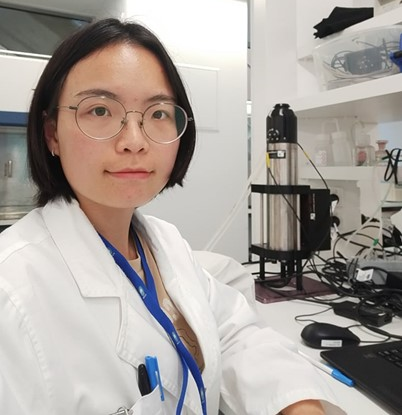
Support Staff
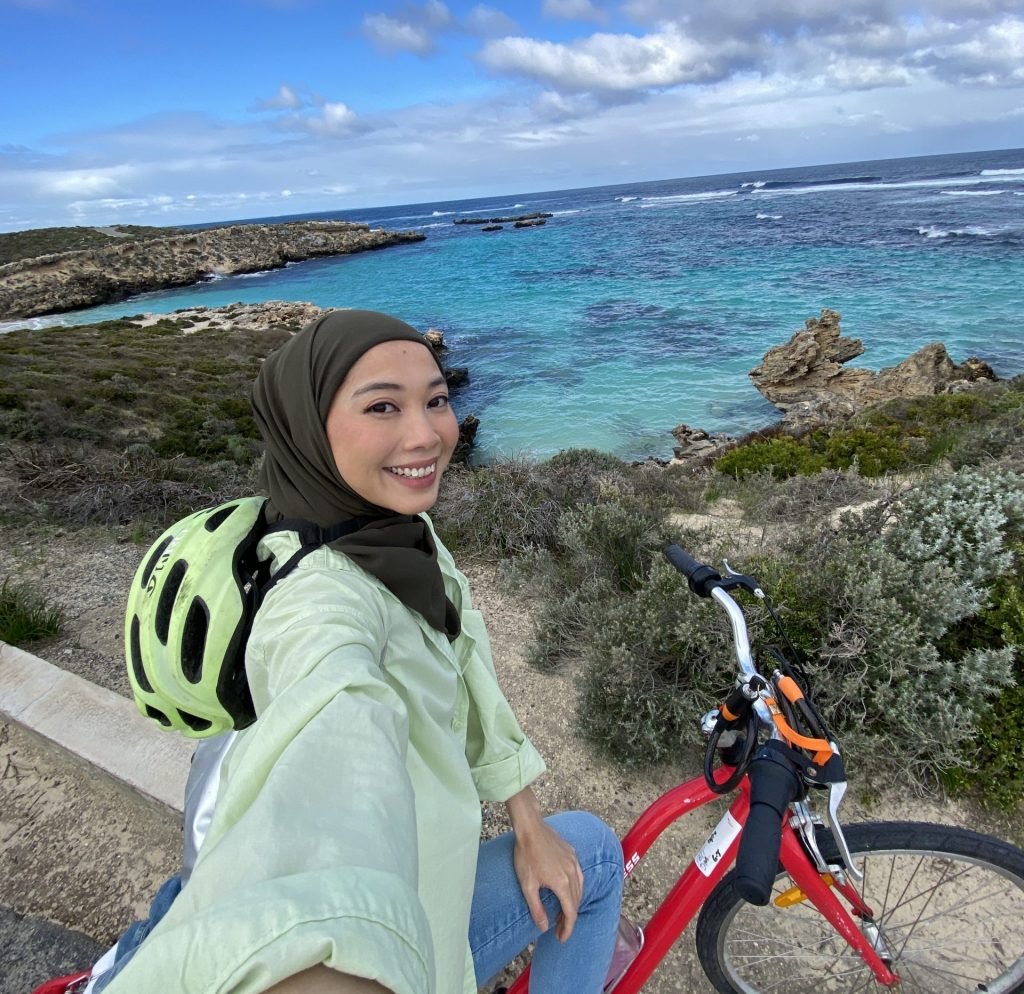
Norfaizny Hasweera
Norfaizny is a research assistant who supports the team with administrative, laboratory and technical tasks, including experimental setups, flow cytometry analysis of phytoplankton/bacteria, and nutrients sample collection and analysis. She completed her Bachelor of Marine and Antarctic Science, at IMAS, University of Tasmania.
- KSM 719 Advanced Plankton Methods
- OAEPIIP
UTAS profile: Norfaizny Hasweera Profile | University of Tasmania (utas.edu.au)